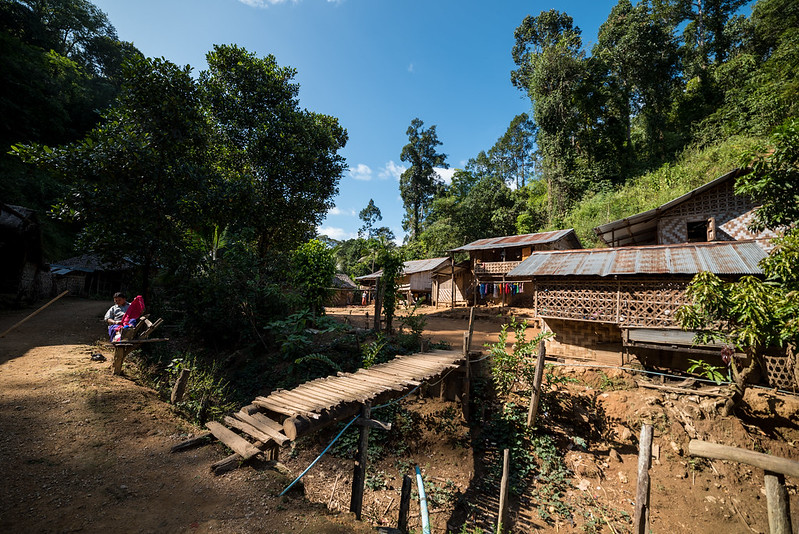Thailand’s Efforts Against Deforestation Aids Communities


Background
Southeast Asia contains around 15% of the world’s tropical forest, much of which is in Thailand. These forests are losing 1.2% every year, one of the highest deforestation rates in the world. One of the main causes of this loss rate in Southeast Asian countries like Thailand is extractive industries like palm oil and illegal logging.
Thailand is one of the world’s top producers of palm oil, producing 2.78 million tons in 2018. In Thailand specifically, palm oil cultivation and production lands have grown by 60% since 2009.
Deforestation
Additionally, illegal logging also contributes significantly to deforestation. Thailand’s efforts against deforestation include increased government restrictions on the logging industry in 1989 and 2006. However, Thai forests continue to be at risk for illegal logging.
According to Forest Trends’ October 2021 report on Thailand, “Illegal logging and trade affect many timber species, but highly valuable – often rare and endangered – species that are protected under harvest and/or trade regulations are a key target and at an elevated risk for illegality.” China remains the key importer of illegally harvested timber.
By 2024, Thailand lost 62,600 hectares of forest. The effect of this deforestation isn’t just devastating to the environment and biodiversity. It also harms the millions of people in Thailand who live near forests.
While Thailand is fighting deforestation, researchers at the World Bank estimate that if it does not stop, the wider environmental devastation of deforestation would decrease the Thai GDP by more than $550 billion. By contrast, the economy would grow by $54 billion if deforestation stops.
The study isolates that flooding is one of the main ways that “…increases the risk and severity of floods, which can have devastating consequences. Case in point, the 2011 flood affected more than 13 million people, destroyed 19,000 homes, displaced 2.5 million people…”
Thailand Fighting Back
However, Thailand and the international community are fighting back. Thailand’s efforts against deforestation include: strengthening property rights, changing domestic budget priorities and international cooperation. Instead of pitting the global poor and the environment against each other, the Thai government has instead empowered local communities. One of the key ways Thailand has helped protect forests is to grant stronger property rights to people living in reserve forests. Researcher Thanyaporn Chankrajang found that forests with these communal property rights experienced increased forest cover and decreased forest fires.
The Thai government has also switched its fiscal policies to help protect forests. Through fiscal grants, the governments receive increased money, funded through a commodity tax, if they can successfully protect their natural resources, like naturally-grown forests. Additionally, the Thai government continues to set aside funds for forest reserves that focus on sustainable forest management.
EUDR
Assisting them with these efforts, the European Union is teaming up with Thailand to help them join the European Union’s Deforestation Regulation (EUDR). The EUDR will help regulate Thailand’s forestry, rubber and palm oil industries in order to become more sustainable. Not only will the EU help Thailand regulate these industries and their supply chains, but also help monitor for deforestation trends. With this help and through its National Economic and Social Development Plan, Thailand aims to stop deforestation by increasing its forest area to 40% of the country.
Thailand faces a major ecological crisis that will continue to harm both its environment and its poorest communities. However, due to Thailand’s efforts against deforestation and thanks to the assistance of the international community, these negative trends can not only be halted but entirely reversed.
– Joseph Laughon
Joseph is based in Sacramento, CA, USA and focuses on Good News and Technology for The Borgen Project.
Photo: Flickr
